The list of the world's nuclear powers in 2023 includes ten major states. Information on which countries have nuclear potential and in what units it is expressed quantitatively is based on data from the Stockholm International Peace Research Institute and Business Insider.
Nine countries that officially possess WMD form the so-called "Nuclear Club".
10. Iran
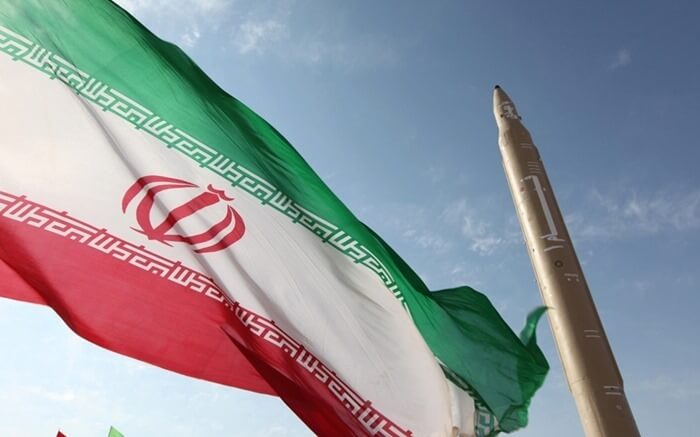
Number of nuclear warheads: no data.
First test: no data.
The final test: no data.
Today, it is officially known which countries possess nuclear weapons. And Iran is not one of them. However, it has not curtailed work on its nuclear program and there are persistent rumors that this country has its own nuclear weapons. The Iranian authorities say that they are quite capable of building them, but for ideological reasons they limit themselves to using uranium for peaceful purposes.
For now, Iran's use of nuclear energy is under IAEA oversight as a result of a 2015 agreement, but the status quo could soon change.
On January 6, 2020, Iran abandoned the final restrictions under the nuclear deal to develop nuclear weapons for a possible strike on the United States.
9. DPRK
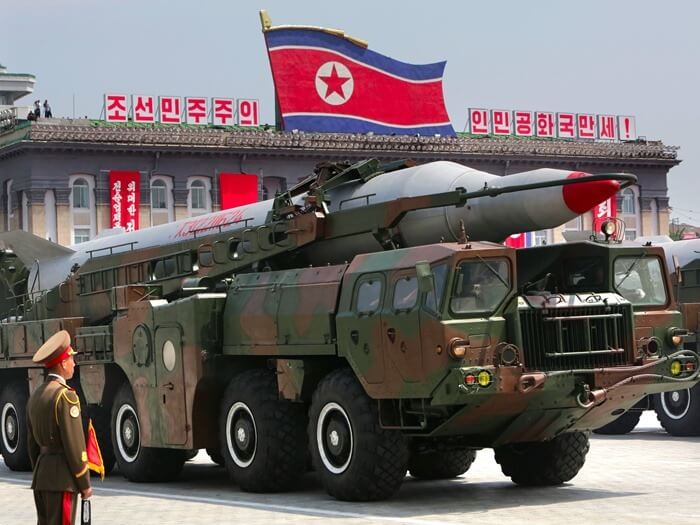 Number of nuclear warheads: 10-60
Number of nuclear warheads: 10-60
First test: 2006
The final test: 2018
The list of countries with nuclear weapons in 2023, to the great horror of the Western world, includes the DPRK. Flirting with the atom in North Korea began in the middle of the last century, when Kim Il Sung, frightened by the US plans to bomb Pyongyang, turned to the USSR and China for help. The development of nuclear weapons began in the 1970s, froze with the improvement of the political situation in the 90s and naturally continued when it worsened. Since 2004, nuclear tests have been carried out in the "mighty prosperous state". Of course, as the Korean military assures, for purely harmless purposes - for the purpose of space exploration.
The tension is also added by the fact that the exact number of North Korean nuclear warheads is unknown. According to some sources, their number does not exceed 20, while according to others, it reaches 60 units.
North Korea is preparing to test another nuclear bomb in 2023.
8. Israel

Number of nuclear warheads: 80
First test: 1979
The final test: 1979
Israel has never said that it possesses nuclear weapons – but it has also never claimed the opposite. The situation is made more piquant by the fact that Israel has refused to sign the Treaty on the Non-Proliferation of Nuclear Weapons. At the same time, the “promised land” vigilantly monitors the peaceful and not so peaceful atoms of its neighbors and, if necessary, does not hesitate to bomb the nuclear centers of other countries – as was the case with Iraq in 1981. According to rumors, Israel has had every opportunity to create a nuclear bomb since 1979, when flashes of light suspiciously similar to nuclear explosions were recorded in the South Atlantic. It is assumed that either Israel, or South Africa, or both of these states together were responsible for this test.
7. India
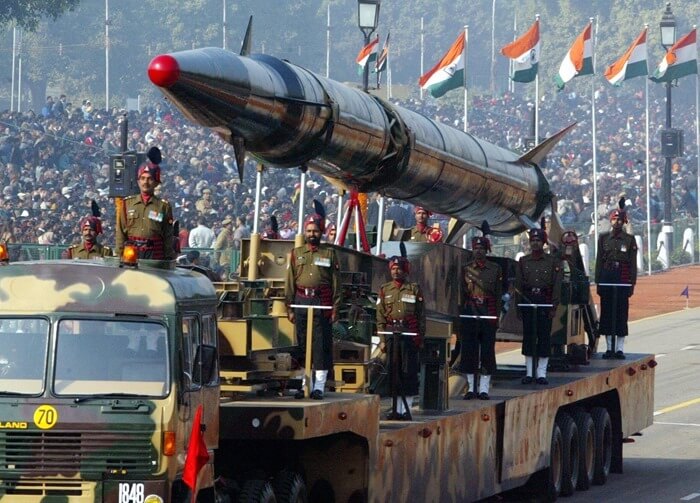
Number of nuclear warheads: 120-130
First test: 1974
The final test: 1998
Despite successfully detonating a nuclear charge back in 1974, India officially recognized itself as a nuclear power only at the end of the last century. True, having detonated three nuclear devices in May 1998, two days later India announced its refusal to conduct further tests.
6. Pakistan

Number of nuclear warheads: 130-140
First test: 1998
The final test: 1998
It is no wonder that India and Pakistan, which have a common border and are in a state of permanent hostility, are trying to overtake and surpass their neighbor – including in the nuclear field. After the Indian explosion of 1974, it was only a matter of time before Islamabad developed its own. As the then Prime Minister of Pakistan said: “If India creates its own nuclear weapons, we will make our own, even if we have to eat grass.” And they did, albeit with a twenty-year delay.
Following India's 1998 tests, Pakistan quickly carried out its own, detonating several nuclear bombs at the Chagai test site.
5. UK

Number of nuclear warheads: 215
First test: 1952
The final test: 1991
The UK is the only country in the nuclear five that has not conducted tests on its territory. The British preferred to conduct all nuclear explosions in Australia and the Pacific Ocean, but since 1991 it was decided to stop them. True, in 2015 David Cameron added fuel to the fire by admitting that England is ready to drop a couple of bombs if necessary. But he did not say on whom exactly.
4. China

Number of nuclear warheads: 270
First test: 1964
The final test: 1996
China is the only country that has committed itself not to launch nuclear strikes (or threaten to launch them) against non-nuclear states. And in early 2011, China declared that it would maintain its weapons at only the minimum sufficient level. However, since then, the Chinese defense industry has invented four new types of ballistic missiles that are capable of carrying nuclear warheads. So the question of the exact quantitative expression of this “minimum level” remains open.
3. France
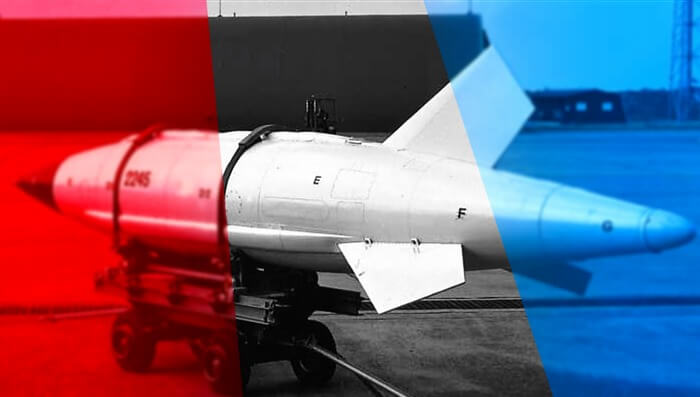
Number of nuclear warheads: 300
First test: 1960
The final test: 1995
In total, France has conducted more than two hundred nuclear weapons tests, ranging from an explosion in the then French colony of Algeria to two atolls in French Polynesia.
Interestingly, France has consistently refused to take part in the peace initiatives of other nuclear countries. It did not join the moratorium on nuclear testing in the late 1950s, did not sign the treaty banning military nuclear tests in the 1960s, and only joined the Non-Proliferation Treaty in the early 1990s.
2. USA
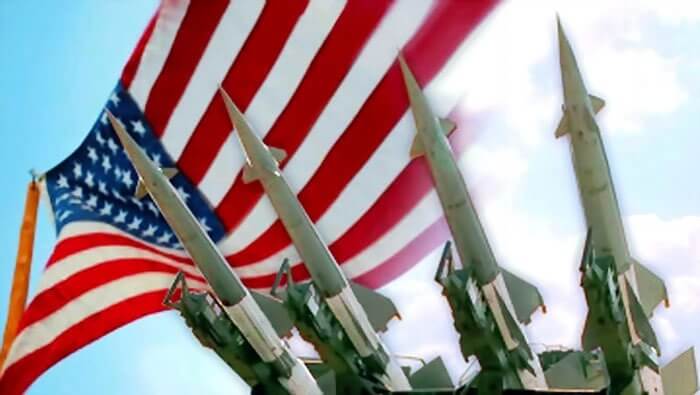
Number of nuclear warheads: 6800
First test: 1945
Combat use: 1945 (Hiroshima and Nagasaki, Japan)
The final test: 1992
The country with the most powerful army in the world is also the first power to carry out a nuclear explosion, and the first and only one to date to use nuclear weapons in combat. Since then, the United States has produced 66.5 thousand nuclear weapons of more than 100 different modifications. The bulk of the US nuclear weapons are submarine-launched ballistic missiles. Interestingly, the United States (like Russia) refused to participate in the negotiations on the complete renunciation of nuclear weapons that began in the spring of 2017.
US military doctrine states that America reserves enough weapons to guarantee both its own security and the security of its allies. In addition, the US has promised not to strike non-nuclear states if they comply with the terms of the Non-Proliferation Treaty.
1. Russia

Number of nuclear warheads: 7000
First test: 1949
The final test: 1990
The world's number one nuclear power in 2023. Russia inherited some of its weapons after the collapse of the USSR - the existing nuclear warheads were removed from the military bases of the former Soviet republics. According to the Russian military, they may decide to use nuclear weapons in response to similar actions. Or in the event of strikes with conventional weapons, as a result of which the very existence of Russia will be threatened.
Russia has planned large-scale exercises of its nuclear strategic deterrence forces for 2023, with launches of cruise and ballistic missiles.
Ukrainian nuclear program
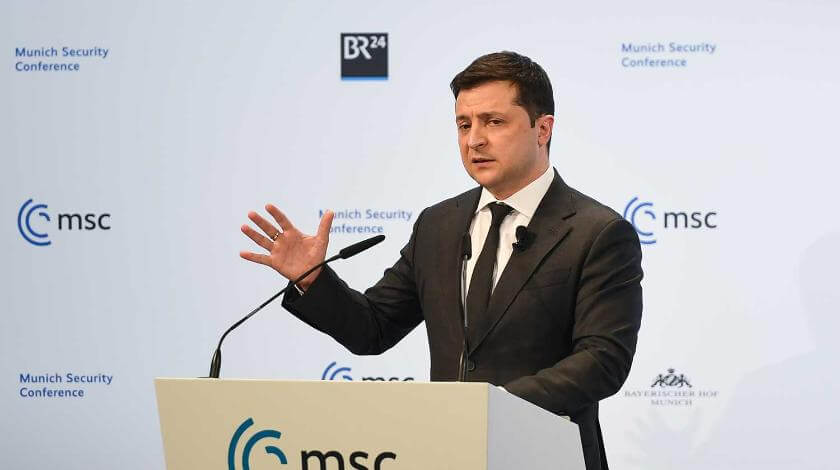
At the Munich Conference 2022, President Volodymyr Zelensky announced that the country may reconsider the renunciation of nuclear weapons, as stipulated by the Budapest Memorandum. Thus, it can be assumed that Ukraine in 2023 may begin to develop nuclear weapons on its territory. Certain developments for this have remained in the country since the Soviet Union.
"Of course, Ukraine has a certain reserve, and there are nuclear physicists. After all, they have 15 power units operating, and quite a few nuclear power plants. In addition, there is spent nuclear fuel, nuclear waste, so it is possible to make a "dirty" bomb. The question is how much of a full-fledged atomic bomb it will be. Plus, they need means of delivering nuclear weapons.", analyst Yushkov said in an interview with Sputnik na Russkogo radio.
Statement by the leaders of the "nuclear five" countries
On January 3, 2023, the leaders of Russia, China, Great Britain, France and the United States issued a joint statement on the prevention of the use of nuclear weapons in war.
"We declare that a nuclear war cannot be won and should never be waged. Since the use of nuclear weapons would have far-reaching consequences, we also affirm that nuclear weapons, so long as they exist, must serve defensive purposes, deter aggression and prevent war. We believe that further proliferation of such weapons must be prevented." – stated in a statement published on the Kremlin website.

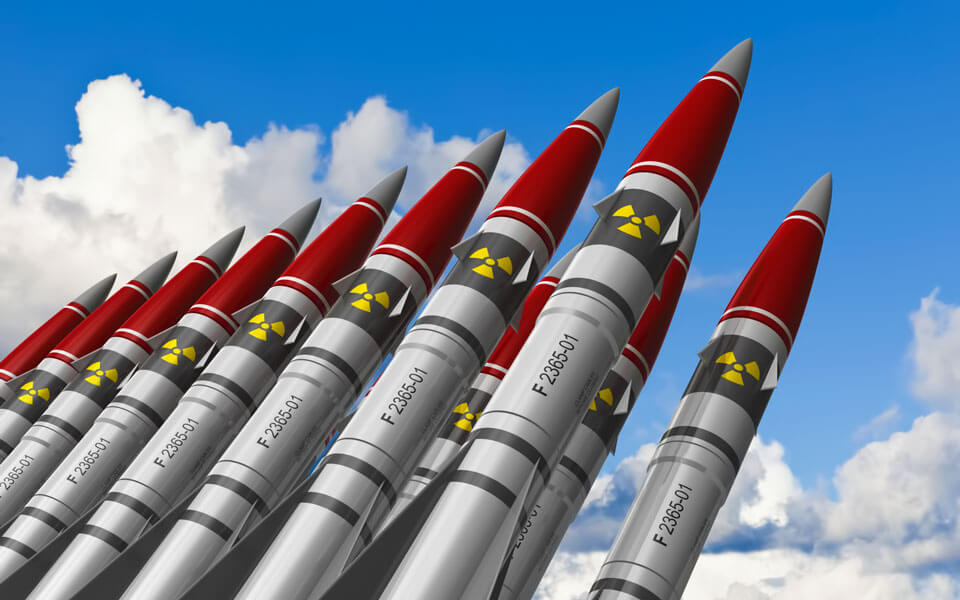








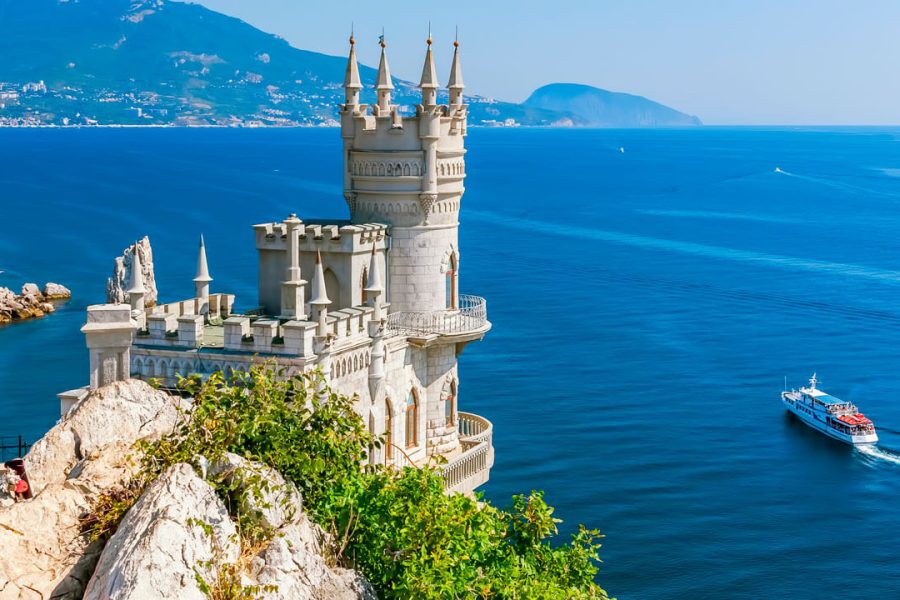

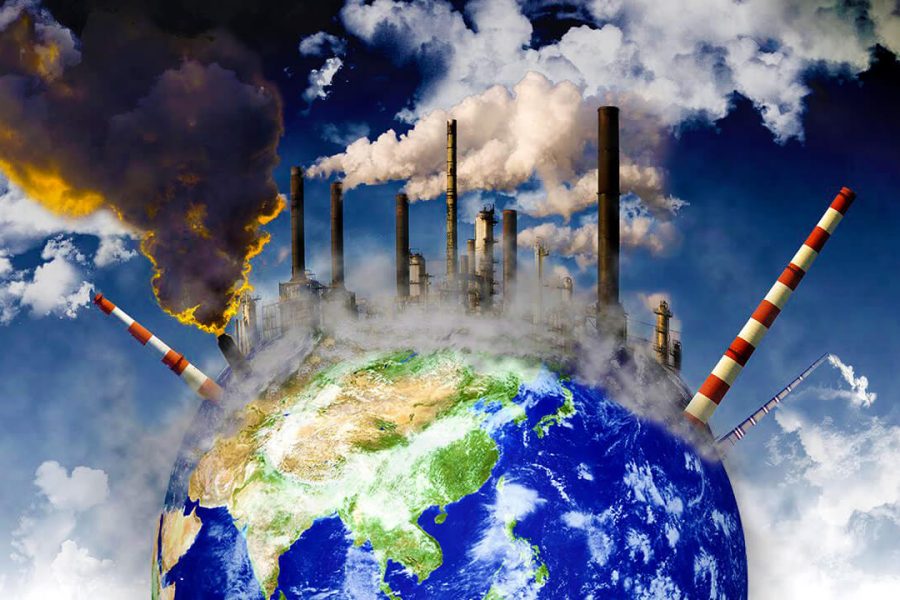

Оставить Комментарий